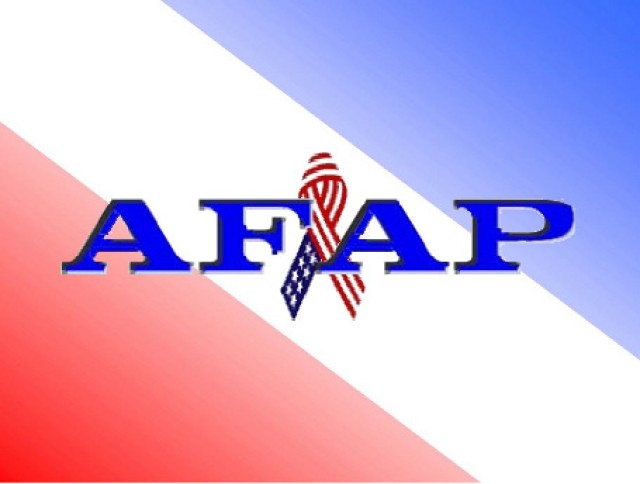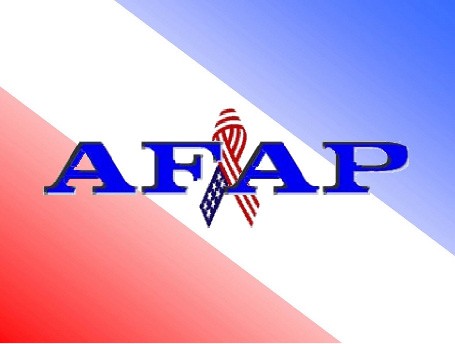Commander's Message
Garrison Commander
Fort McPherson and Fort Gillem
No one knows the strengths and weaknesses of a program, service or policy like the individuals who work with, benefit from or adhere to it.
For that reason, you - the boots-on-the-ground Soldiers, employees, Family members, Wounded Warriors, survivors and retired military personnel - are the catalyst for improving "the system" through the Army Family Action Program (AFAP).
The AFAP conference, which will be held from Nov. 30 through Dec. 2 at Army Community Service, Bldg. 62 at Fort McPherson, is the mechanism for that catalyst.
Delegates at the conference will look at issues you've submitted and will have the opportunity to facilitate change, not only regarding local programs, but potentially those Army wide.
The same process will be followed at other Army installations throughout the world, starting locally and giving commanders at every level up to HQDA the opportunity to learn of and seek solutions to issues affecting each military community.
Delegates represent the interests and concerns of the Army's constituency. They evaluate and prioritize issues and make recommendations for resolution.
Army leaders trust and support AFAP because it provides real-time information that enables commanders to respond in a timely manner to resolve problems, implement good ideas and guide policy.
It also enhances readiness and increases the quality of life for the total Army family because of your personal involvement in identifying issues of concern, and determining what actions are necessary to resolve them. In the 27 years AFAP has been operating, 667 issues have been adopted into the HQDA AFAP.
As a result, there have been 123 changes to legislation, 172 changes to Army and Office of the Secretary of Defense policy and 192 improvements to programs and legislation. AFAP success stories include: Aca,!aEURo
Aca,!AcAn increase of the Servicemembers' Group Life Insurance from $50,000 to $200,000.
Aca,!AcAn increase to Basic Allowance for Housing of 11 percent.
Aca,!AcThe creation of Family Support Groups and quality of life programs, such as Army Family Team Building and Better Opportunities for Single Soldiers.
Aca,!AcThe establishment of ID cards for DoD Reserve Component Family members. Yet those items are only a fraction of the positive changes brought forth by AFAP conferences held throughout the Army.
The importance of AFAP is not lost on Army leadership. Lt. Gen. Rick Lynch, commanding general of Installation Management Command, stated in his Sentinel column in July that "Above all, AFAP continues to turn possibilities into realities."
Lt. Gen. Lynch participated in his first AFAP general officer steering committee meeting in January. By the end of the meeting, 27 of 40 quality of life issues had been resolved.
In addition, the general directed the development of a Web-based application that will allow the general public to search for and check the status of active issues via drop down menus and keyword searches.
That search application is now operational at www.myarmyone source.com.
The website allows individuals to search for active AFAP issues by keyword, issue number or other filter.
Based on the entered search criteria, the application will identify the issue title, scope, recommendation, filter criteria, accomplishments and remaining actions.
After all, even though we only hold the AFAP conference once a year, AFAP is a year-round process.
Issues are continually monitored with an eye toward resolution.
The AFAP conference theme is "Embrace Positive Change for Challenging Times," and I have made it a priority for our delegates to broaden their scope and perspective to bring forward issues that have a broad impact and are within the purview of mid-level, HQDA or DoD influence.
I look forward to seeing the outcome of the conference, and sharing the results through a future Sentinel article.
To learn more about the AFAP process, visit www.myarmyonesource.com and click on Family Programs and Services tab or contact the Fort McPherson and Fort Gillem AFAP coordinator, Cynthia Giesecke by telephone at 464-2499 or by e-mail message to Cynthia.giesecke@conus.army.mil.


Social Sharing